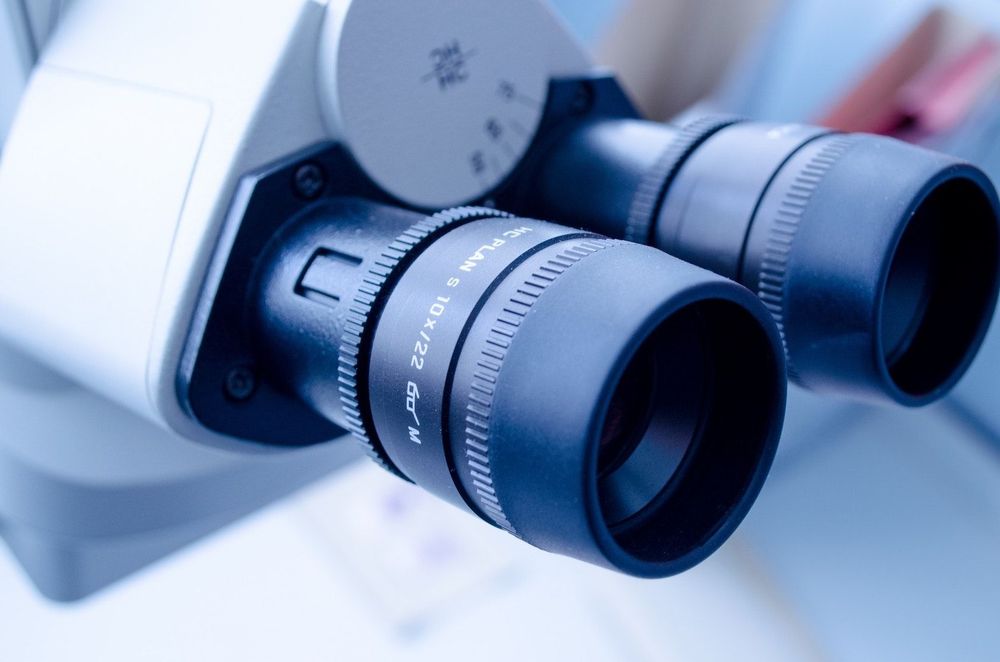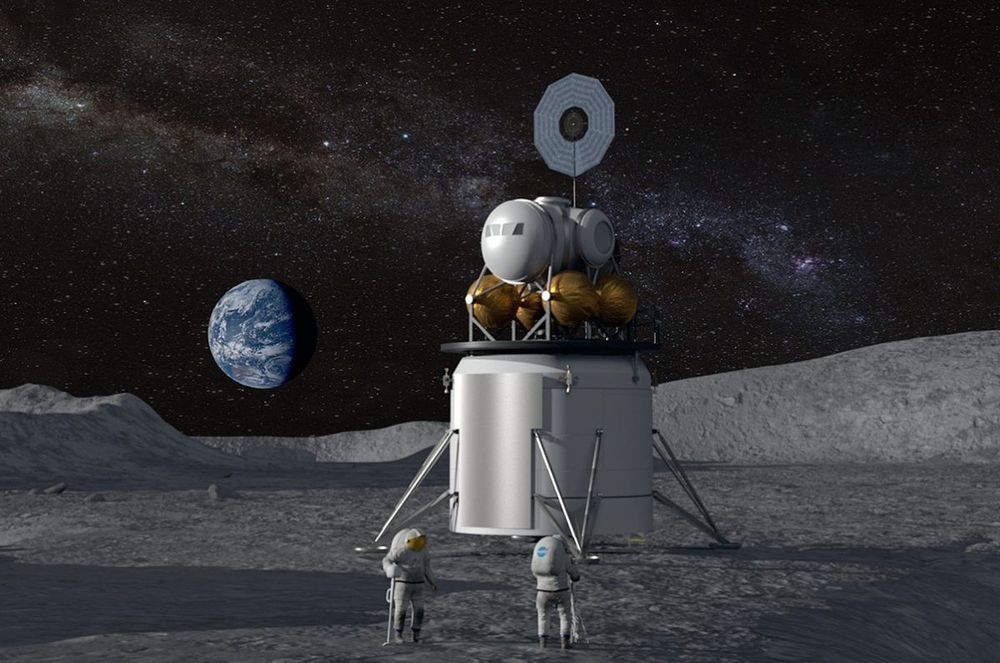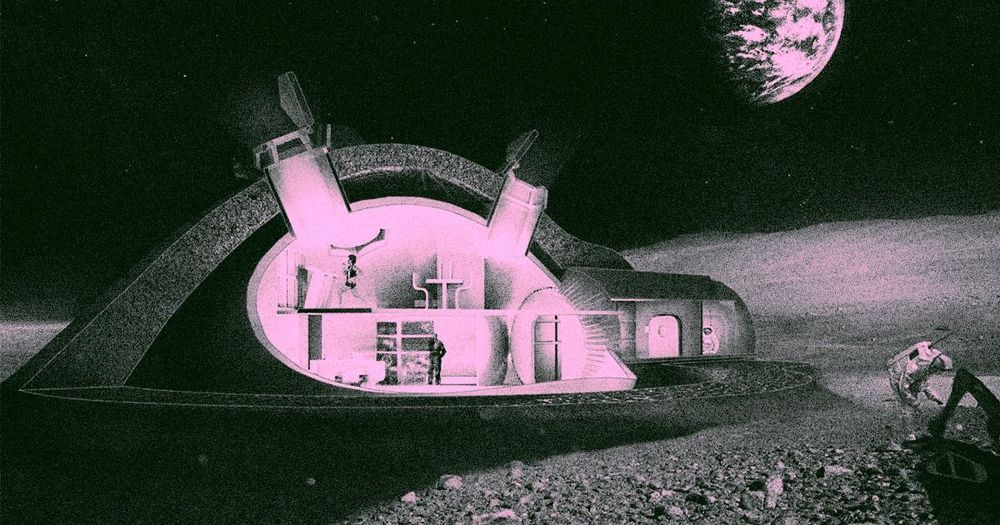Research data indicates men can expect to live an average of five fewer years than women. The reason might surprise you.



LISTEN ABOVE: The director of the Twin Studies Center at California State University explains why all same-sex twins should get genetic testing.
Are you a twin? And if so, do you know with confidence whether you are an identical or fraternal twin?
Many parents rely on the results of an ultrasound. If there are two placentas, they assume they are carrying fraternal twins, and if there is one placenta, it’s assumed the twins are identical.


An innovative system to predict lung cancer could make a huge change in survival rates, with Google exploring how artificial intelligence could dramatically improve diagnosis rates. Despite advances in cancer treatment, lung cancer remains one of the most deadly diseases, not least because difficulty in identifying it among patients means it can often be too late to address.



Contact with Earthlings could even be deadly for Martians — and vice versa. Mars doesn’t have any microorganisms to carry disease, and so if cross contamination between Earth and Mars is controlled, Solomon explains that all infectious disease could be eliminated — meaning there should be no intimate connection between the two groups.
But all mutation isn’t bad. Every new baby on Earth is born with 60 new mutations, a number which Solomon says will jump to the thousands on Mars. By mutating, humans on Mars would gain critical, life-saving benefits to cope with the brutal planet: a different skin tone to protect from radiation, less reliance on oxygen to adapt to the thin atmosphere, denser bones to counteract calcium loss during pregnancy.
Solomon even suggests that we could use CRISPR to more purposefully design these helpful mutations.

Where #Uber, Facebook, #Apple, #Microsoft, #Google, And #Amazon Are Investing In longevity and health span.
As Uber and Lyft grow their massive footprints, they are beginning to look towards the healthcare industry. Here’s what they’re doing in healthcare already and what they might do next.

In this post, Brett Schilke, Singularity University’s Director of Impact, asks us to consider whether exponential technologies like artificial intelligence can make us better people. He astutely observes the impact of his own interactions with AI-powered devices and invites you to do the same.

VIENNA—Over the past several days, I attended a fascinating conference that explored an old idea of Einstein’s, one that was largely dismissed for decades: that quantum mechanics is not the root level of reality, but merely a hazy glimpse of something even deeper.